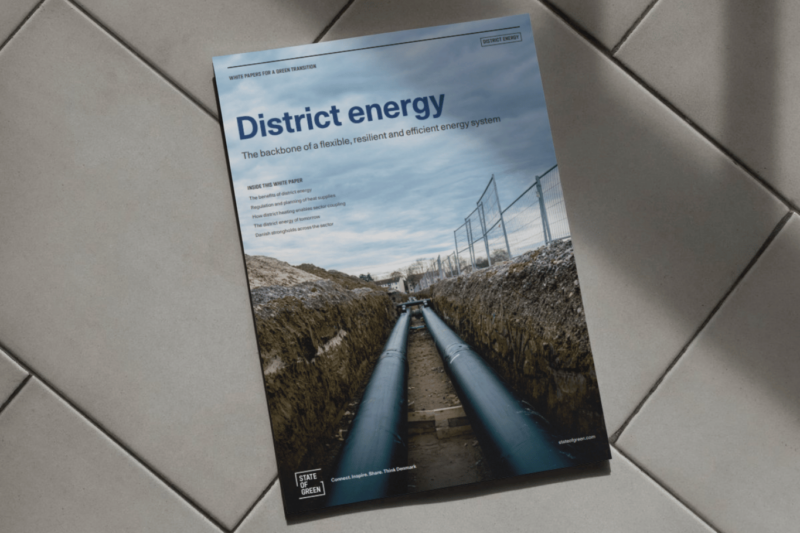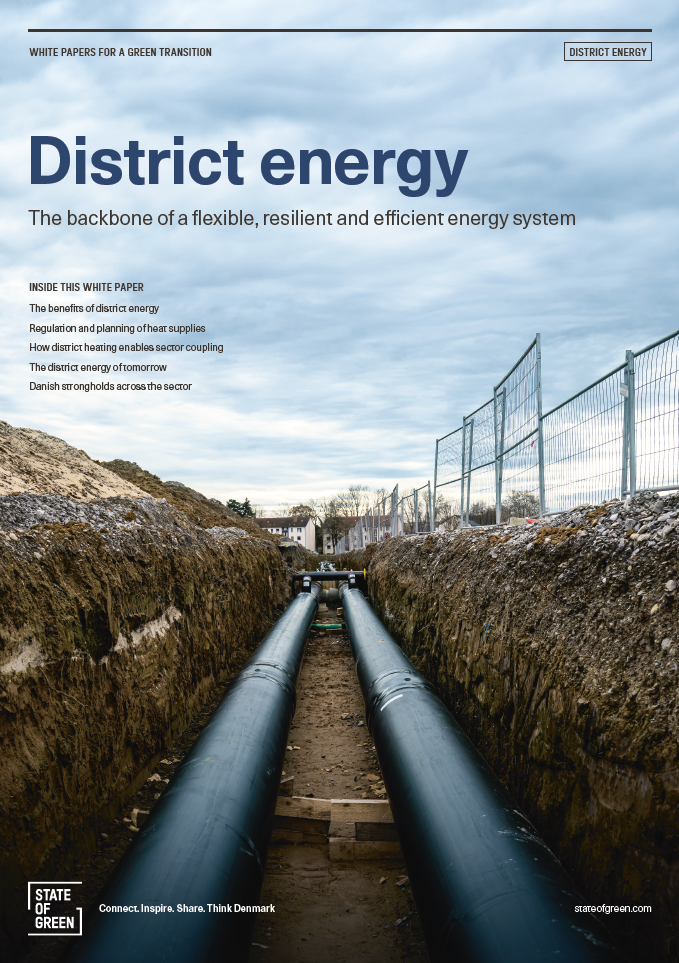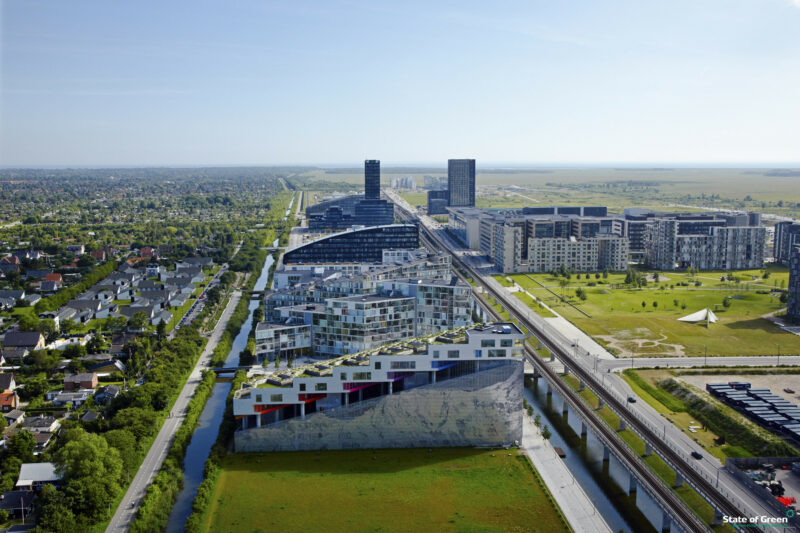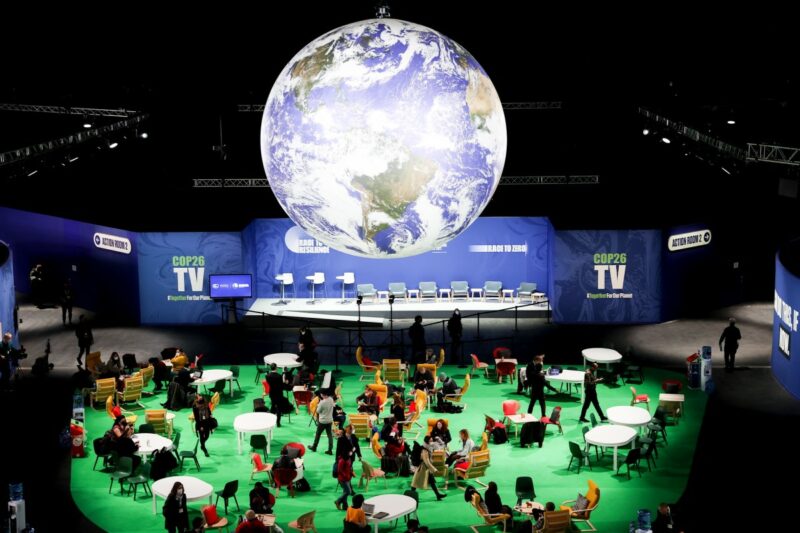News
Climate change adaptation
Coastal protection
Flood prevention
+3
Refrigeration plants and flood warning to mitigate climate impacts in developing countries
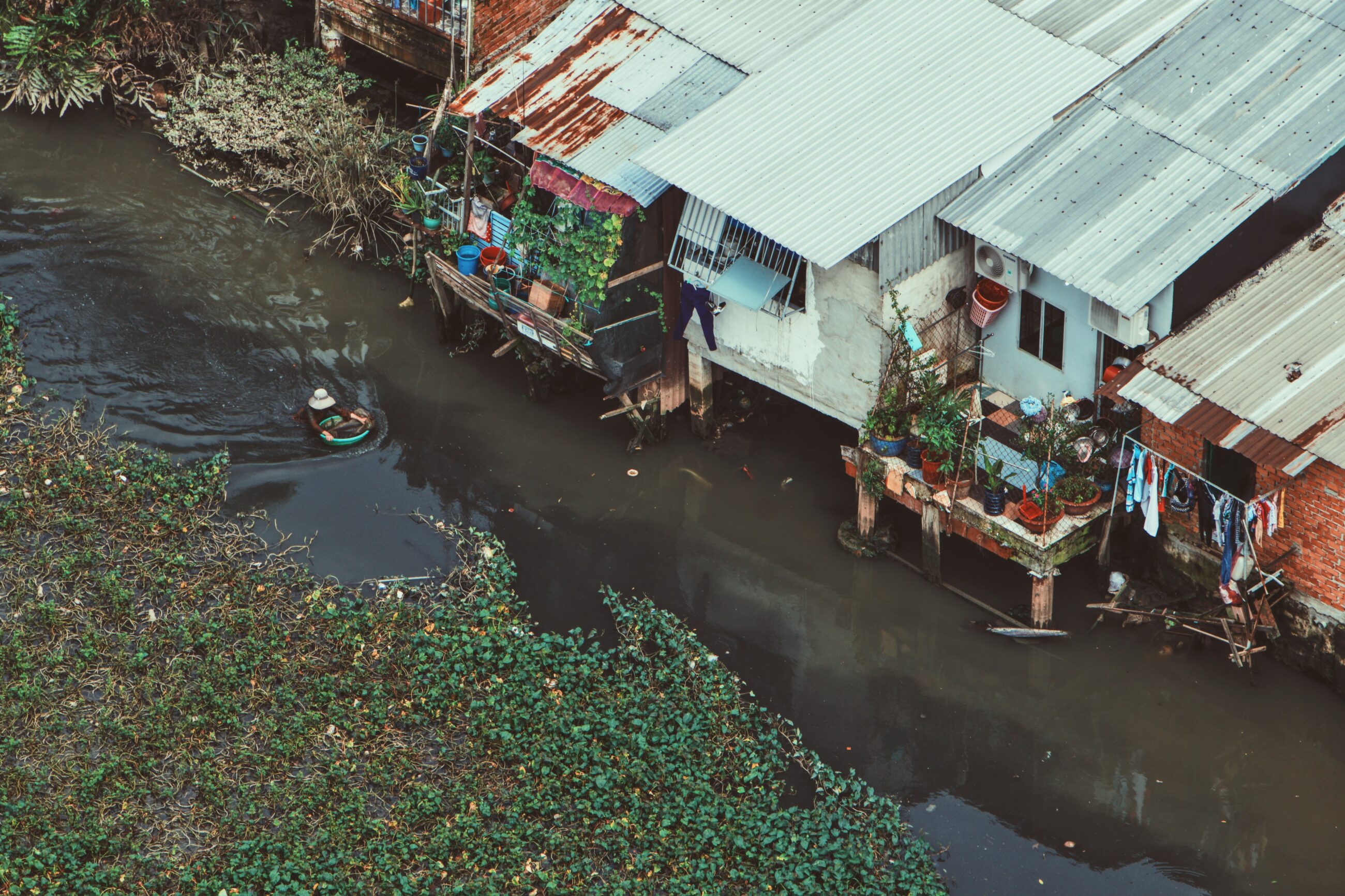

With solar-powered cooling systems and flood simulations, two new partnerships with Danish participation have secured support from the international initiative P4G. The partnerships' innovative solutions can help mitigate the effects of climate change in developing countries and achieve the UN Sustainable Development Goals.
“We are facing major global climate challenges that need to be addressed now. To succeed, it requires everyone to bid in. That is why it makes good sense to strengthen international cooperation between companies, authorities and civil society organizations,” says Danish Minister for Development Cooperation Rasmus Prehn.
Solar-powered refrigeration systems must reduce food losses
In Kenya, the Danish company M-Payg, which produces solar cell systems, and the World Wide Fund for Nature (WWF) cooperate with Danish and Kenyan branches to reduce food losses for local fishermen.
“Nature and the resources of the world are subject to enormous pressure and over-consumption. At the same time, too many people are starving. We can and should do better. By developing new technologies and applying them in vulnerable areas, we can both take better care of the globe and the people. With better cooling and transport, we can make daily catch from fishing accessible to the populations who need it,” says Bo Øksnebjerg, secretary general of WWF.
Between 30% and 40% of all catches from fishing are lost before reaching the market due to lack of refrigeration facilities, M-Payg estimates based on market studies in Kenya.
“There is a great lack of cooling technology for the fishermen in Kenya, which often means that the fish will go bad before they can sell it on the market. To solve the problem, we have developed an affordable solar cell solution that allows fishermen to, among other things, cool their catch on the water so that they achieve a much higher income and at the same time stop food waste, ”says Asger Trier Bing, CEO, M-Payg.
The partnership has developed a scalable business model based on core competencies from both M-Payg as a company and WWF as an environmental organization.
“One of the core strengths of the partnership lies in that we bring together all the actors who can immediately improve and create more sustainable development in the long term. We are working together across authorities, NGOs and companies to get all the links strengthened from the start. At WWF we have a great knowledge of Kenya's opportunities and challenges, while our partner M-Payg has the innovative technological solutions. It provides a long-term sustainable business model that really benefits the locals,” says Bo Øksnebjerg.
Partnership prepares locals for more frequent flooding
In Vietnam, the Danish non-profit energy and environmental cluster CLEAN has entered into cooperation with South Korean and Vietnamese organisations. Together, they aim to lessen the consequences of flooding in the Southeast Asian Mekong River Delta, which the UN Climate Panel IPCC expects will be more frequent in the coming years. The partnership focuses on developing smart water systems and using digital simulations to predict the consequences of flooding.
“Residents around the Mekong Delta are very prone to flooding. Therefore, our solution is based on a technology that must be used by local authorities and organisations to best possibly prepare for floods. By proper planning and preparation we can save lives, crops and properties in the river basin,” says Henrik Bjørnager Jensen, international director of CLEAN.
The digital solution that the partnership will develop should simulate the flooding of the cities around the Mekong Delta. In this way, local decision makers will have the opportunity to make effective urban planning and disaster preparedness. The partnership aims to use the same model to simulate flooding in other river basins.
“Although we start locally with the Mekong Delta, there is a global perspective in the partnership. Success at the Mekong Delta may end up being a solution that could benefit the many millions of people living in flood-prone areas around the world,” says Henrik Bjørnager Jensen.
Background
The two partnerships are part of a group of 13 partnerships that receive support from P4G's Partnership Fund. The 13 partnerships will develop solutions in areas such as water, energy, agriculture and food, cities and the circular economy. P4G's Partnership Fund received over 380 applications, which is why only the most promising and innovative partnerships are supported. Each partnership receives up to USD 100,000 in support. The Fund aims to develop and scale market-based public-private partnerships to accelerate the fulfilment of the Paris Climate Agreement and the SDGs.
P4G - Partnerships for Green Growth and the Global Goals 2030 - is a global initiative with the ambition of becoming the world's leading forum for the development of public-private partnerships delivering on the Paris Climate Agreement and the World Goals. P4G brings companies, governments and civil society organizations together in innovative partnerships to promote solutions that help address the key needs of five key areas: food and agriculture, water, energy, smart cities and circular economy.
P4G was initially launched by Denmark, South Korea, Chile, Ethiopia, Kenya, Mexico and Vietnam, and since then Colombia and the Netherlands have joined as partner countries. In addition, a number of leading global organizations are partners in P4G, including the World Resources Institute, the C40 Cities, the UN Global Compact and the World Economic Forum.
In the past, partnerships with Danish participation have received support from P4G for work on solar-powered water supply in refugee camps in Uganda, increased water supply in Vietnam and improved food security in Ethiopia. All in collaboration between NGOs, authorities and private companies.
You should consider reading
publications
Combined heat and power production
+9
District Energy
25 October 2024solutions
Climate change adaptation
+4

